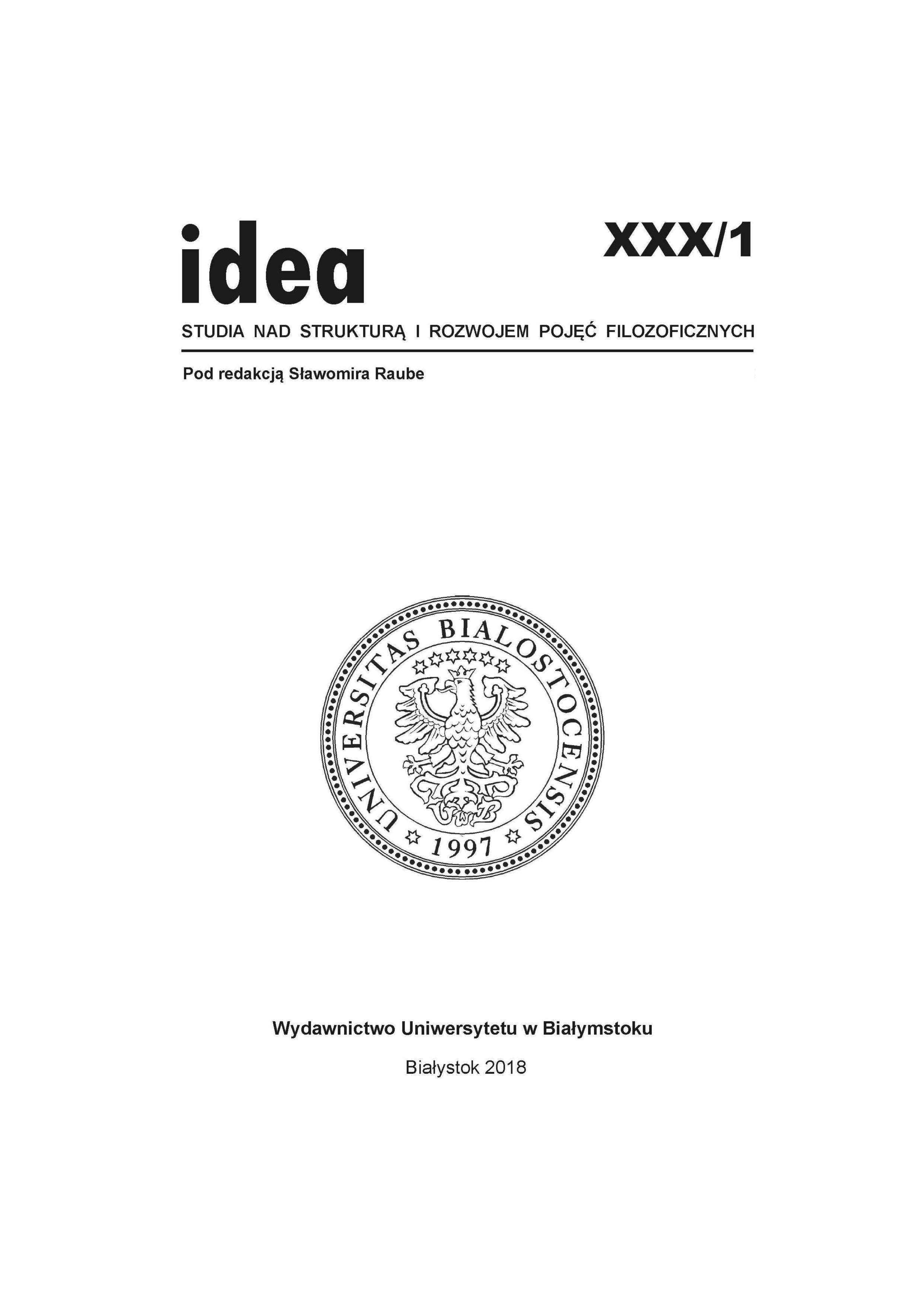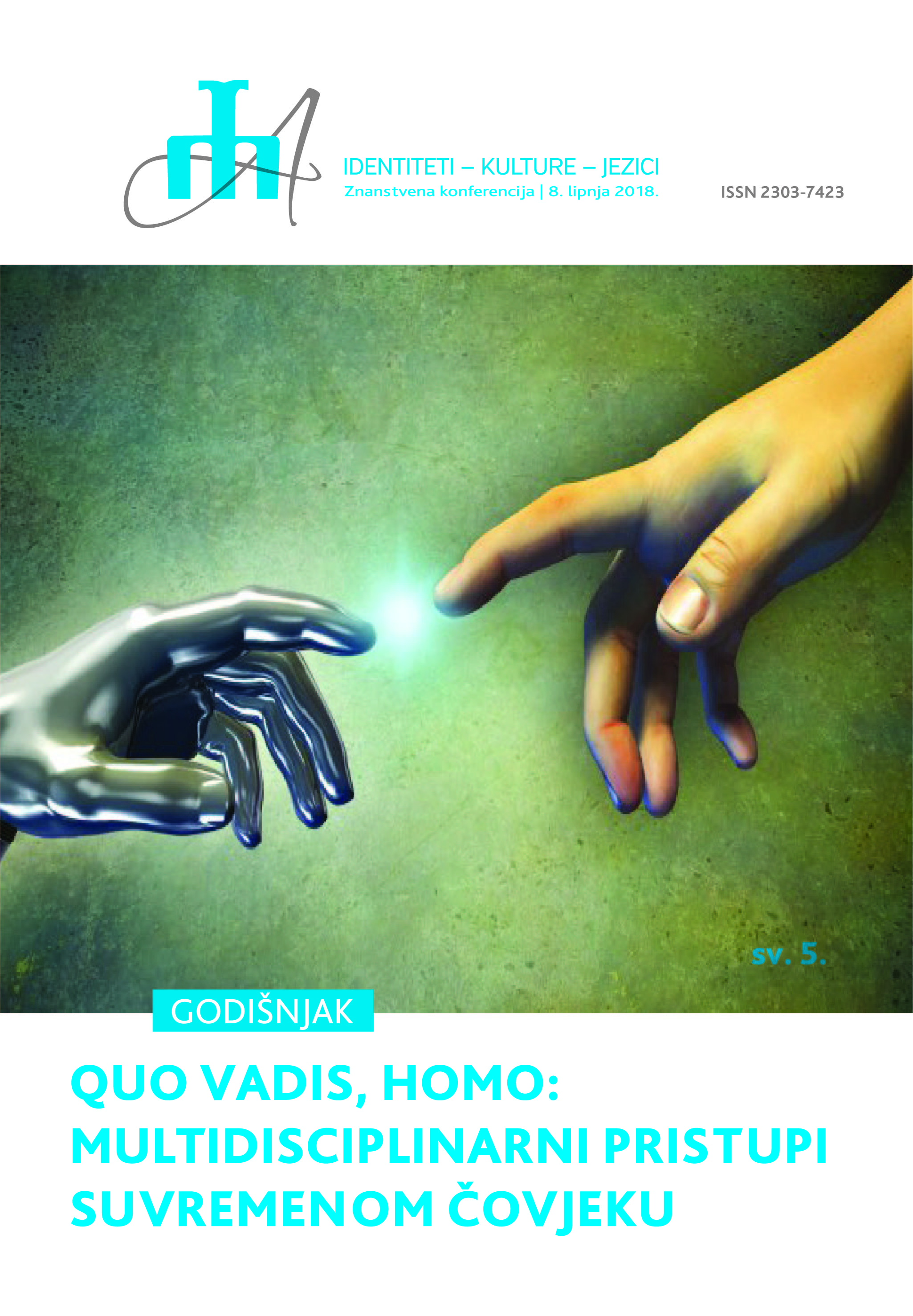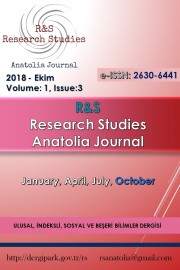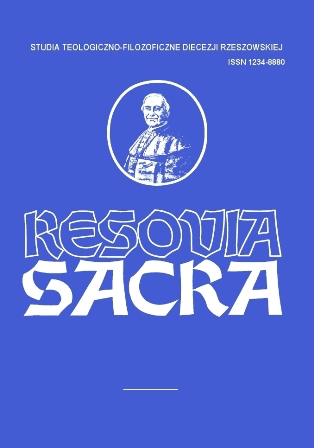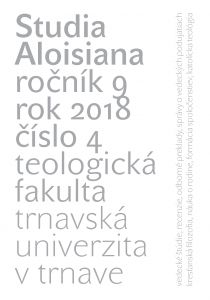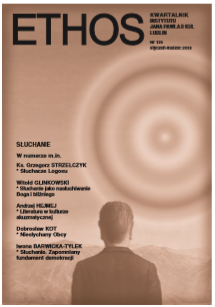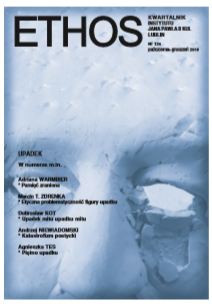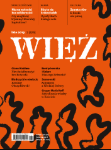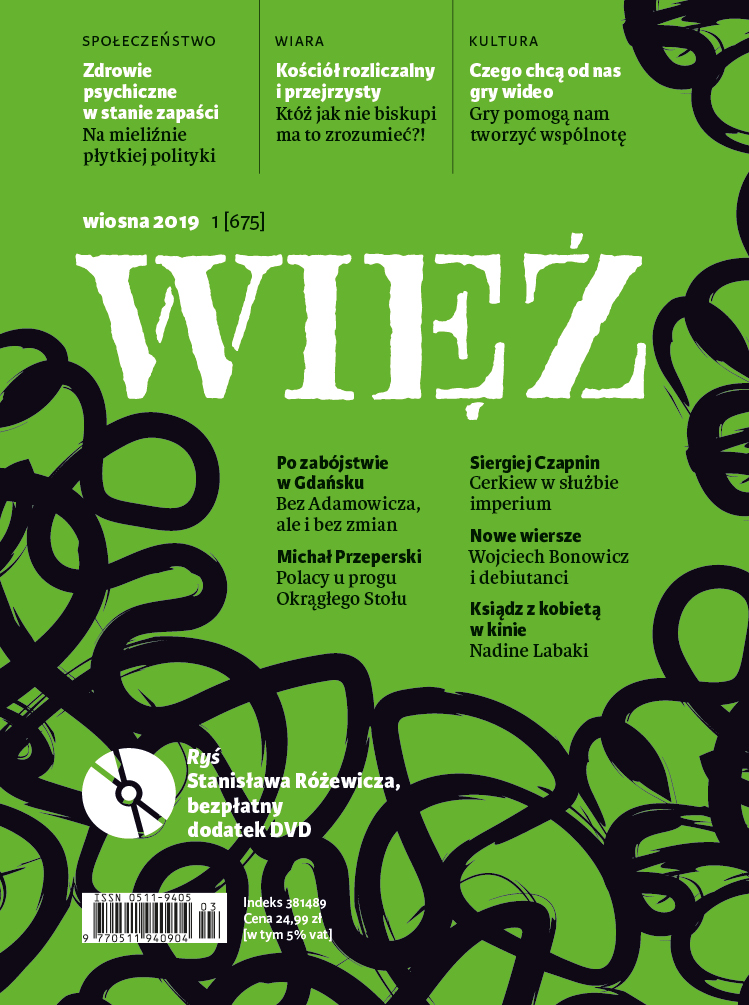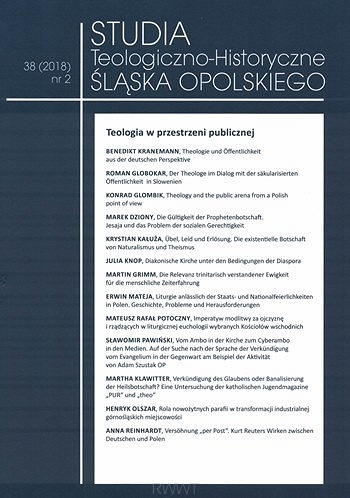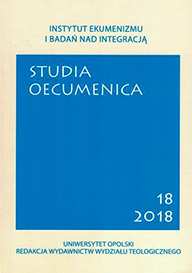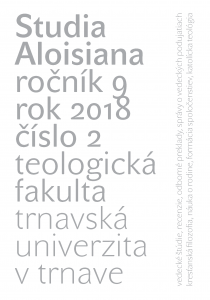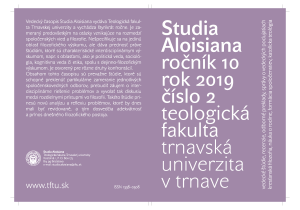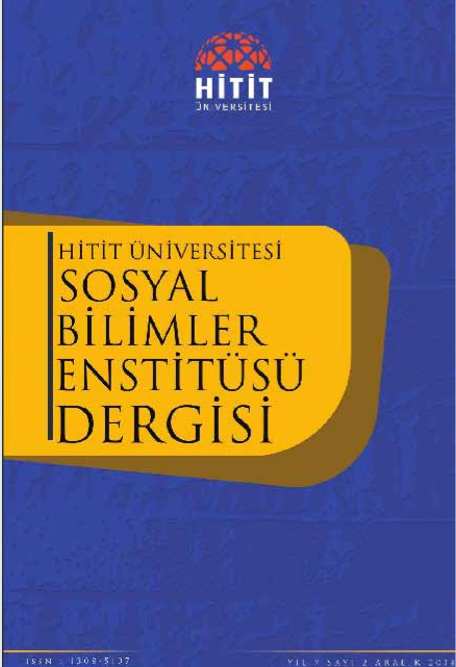
The Introspective Criticism in Maktubat of Imam Rabbani Ahmad Faroq Al-Sarhandi
Criticism is important for the refinement and the maturation of any person or institution. Introspective criticism is more beneficial than outside criticism in the field of science. Islamic Mysticism has an extensive background of introspective criticism within Islamic science. These provide introspective critiques that are separated into two sections within Islamic mysticism. The first is the general introspective criticism which looks like a complaint. This kind of critique emerged from the third century (AH). The second type of introspective criticism is “deviation” and it is accepted as a tool for behavior and also for practices of criticism. Letters to the disciples of the Murshids contained questions from remote places which were answered. These letters are considered guides to introspective criticism.
More...
